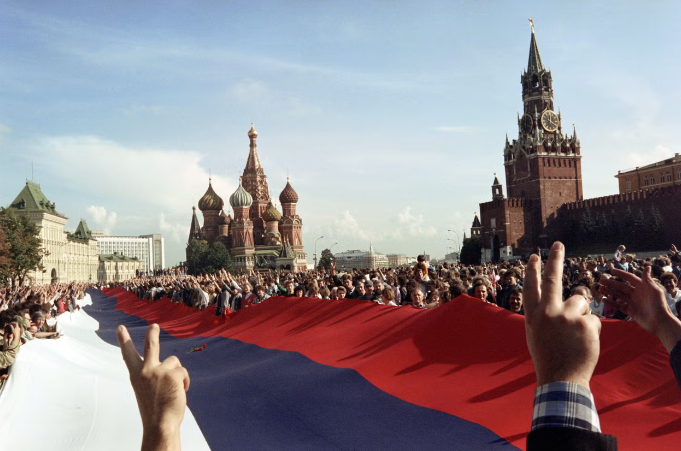A Journalist’s Perspective on the Last Years of the USSR
Between 1984 and 1987, I worked as a journalist in Moscow, witnessing the final years of the Soviet Union’s existence. This era is now recognized as a time of significant crisis that ultimately led to the collapse in 1991. However, at the time, it didn’t feel inevitable, and I struggled to convince others that substantial changes were underway, even after Mikhail Gorbachev was appointed General Secretary of the Communist Party in May 1985.
While I could not predict the forthcoming political upheaval, it became apparent that a pivotal moment in history was approaching. Many Kremlin watchers, diplomats, and reporters speculated that Gorbachev’s reforms were mere propaganda tactics devised by the KGB and the Kremlin itself. Those who disagreed were either misled or simply uninformed about the complexities of Soviet politics.
Upon my arrival in 1984, I did notice some signs of political, social, and economic strain within the USSR, yet the country seemed largely stable. My recent experience in Beirut, where the military had revolted and the presidential palace was under siege, may have colored my perception. Ironically, this stability may have emboldened Soviet leaders to attempt significant reforms without recognizing the precariousness of their hold on power, reminiscent of Louis XVI’s miscalculation in France in 1789. Authoritarian regimes often fall prey to their own narratives, not fully grasping how much they depend on force to maintain control.
Despite the pervasive secrecy, the struggle between reformers and the old regime was visible. The slow-moving tensions at the top were palpable, with power shifts marked by state funerals. In contrast to the visible conflict in Beirut, Moscow’s leadership battles unfolded behind closed doors, revealing the aging cadre of Soviet officials as they succumbed to mortality. Important deaths, such as those of Leonid Brezhnev and Yuri Andropov, preceded my arrival, followed shortly by other key figures like Marshal Dmitri Ustinov and Konstantin Chernenko. Each state funeral served as a stark reminder of the regime’s fragility and the inevitable change looming over the USSR.

